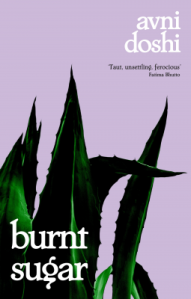
It’s been twelve years since that one day which changed Kieran’s life. Now, with his wife Mia and their three-month-old daughter Audrey, they come back to Evelyn Bay to visit his parents. His father’s dementia has been deteriorating more quickly recently and thus they are moving house and sorting out stuff. Only shortly after they have arrived do they also meet their old friends: Olivia and Ash, now a couple, then also victims of that fierce storm which not only took Kieran’s brother’s life but also Olivia’s sister. And they meet Sean and his nephew Liam who lost his father and who still holds Kieran responsible for that. When the young waitress Bronte is found murdered on the beach, the memories of that unforgettable day resurface and all the emotions, too. Will twelve years after the disaster, which brought so much suffering and pain, the same happen again to that small community?
I liked Janes Harper’s novels “The Dry” and “Lost Man” since she is brilliant at catching the atmosphere and transferring this in her novels. “The Survivors”, too, has a special ambiance which defines the novel. The small circle of characters who all share the memories of that disastrous day and who all, in their own way, still can feel the pain that is connected to the storm and its outcome. Thus, the murder case at hand quickly becomes much less interesting than the question if people are hiding something, if the narrative of the events has to be re-written.
At first, I was misled by the title which I thought referred to the people who had survived the aforementioned storm, however, it is something completely different yet decisive for the plot. Even though the investigation on Bronte’s murderer seems not really to advance, the novel gets increasingly thrilling with more aspects of the storm day being evoked. Many characters act highly suspiciously which I totally adored since it made me spin one theory after another about the events. In the end, Harper provides a credible solution and no questions remains unanswered.
It is the landscape and the people formed by it who move at their own pace and who make “The Survivors” a wonderful read. It is a novel about how you can survive when others have died and especially how you can live with the guilt of being a survivor. For some however, being alive does not mean having survived, it is a daily fight against death. For me, the strongest novel by the author so far.



